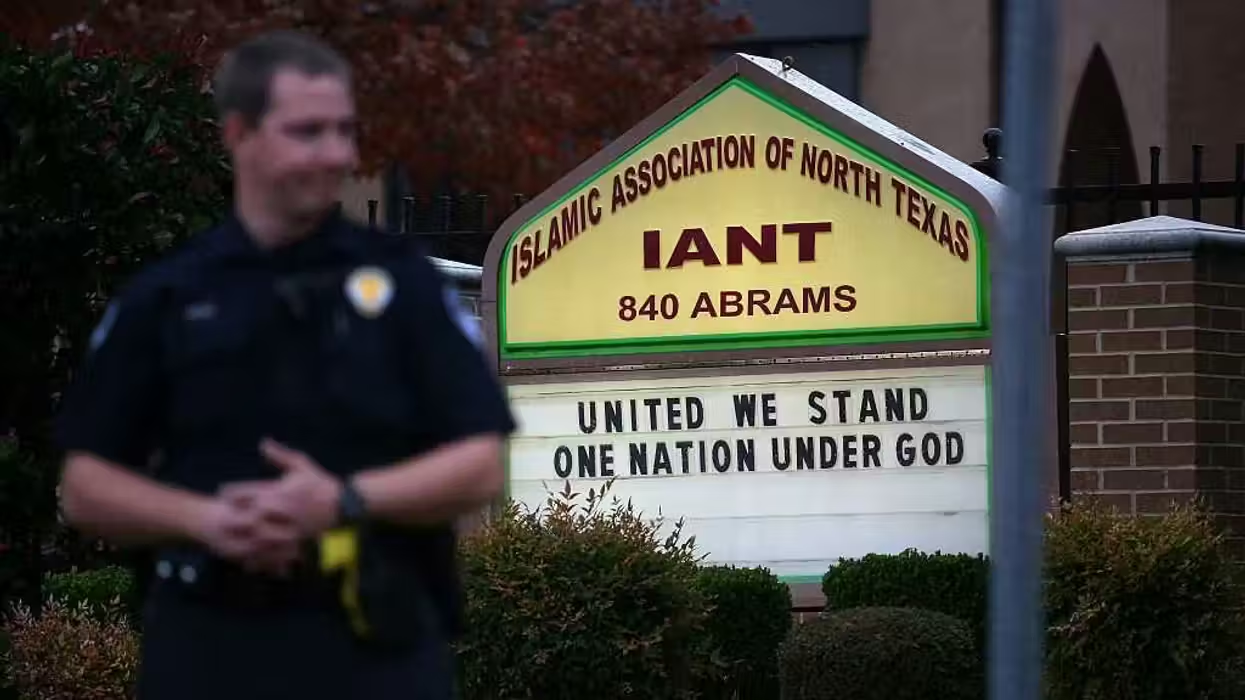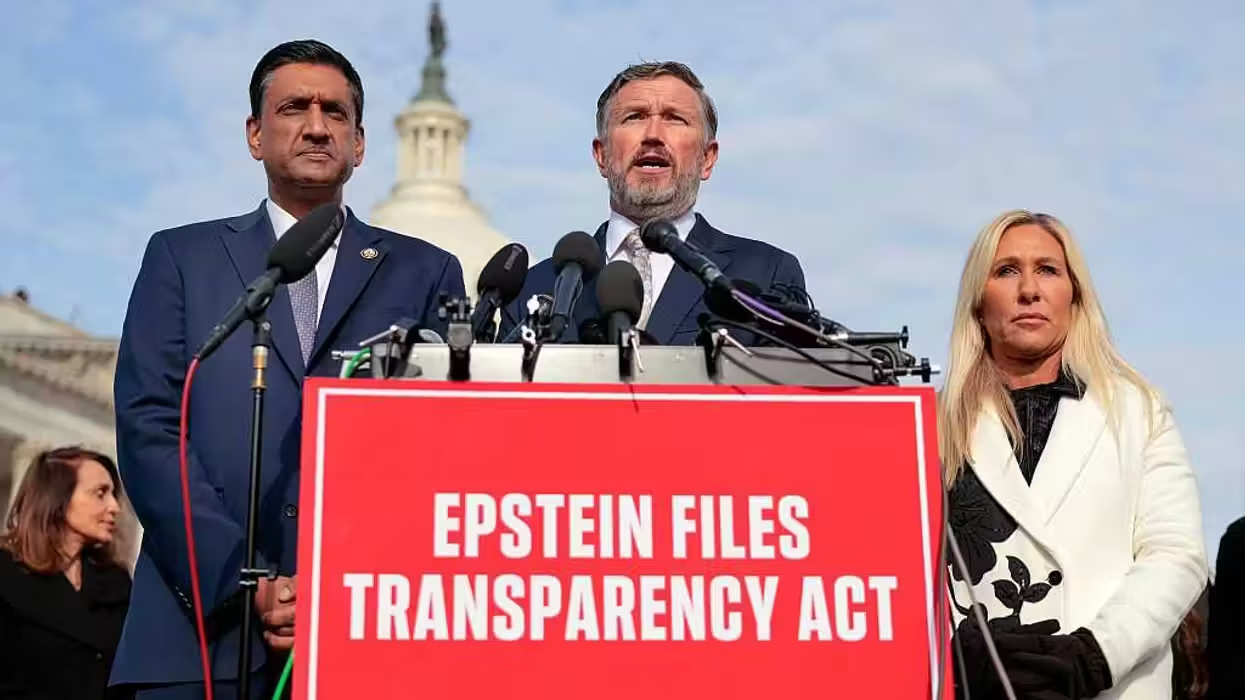With Pope Francis's open and strong disapproval of abortion already sparking some concern over his meeting with pro-choice US politicians, many Catholics may wonder to what degree a politician's religion (or religious education) actually can influence their voting record on the controversial issue. One answer, according to a new report from the Cardinal Newman Society, is "not much."
Campus Reform reports:
The report, published by the Cardinal Newman Society, reveals that 52 of the 92 officials who attended a Catholic institution of higher learning, or 56 percent in the last and current Congress, have voted consistently in favor of pro-choice rights and/or funding.[...]
In the upper chamber, 11 of 15 senators who earned degrees from a Catholic school have voted to expand abortion rights, the report adds.
If true, this variety of report would understandably give devout Catholics with pride in their educational institutions much reason for doubt and/or depression. However, there are one or two methodological issues with the report itself that might make such a conclusion premature.
These issues can be seen by actually scrutinizing the report, which breaks down the Catholic influences on each individual politician, and contrasts them with their record of public statements and/or voting records. In many cases, these instances of implied hypocrisy are fairly straightforward. For instance:
Lynn Woolsey (CA-6) - She was not only educated at the University of San Francisco but later became a teacher at the College of Marin and the Dominican University of California. Rep. Woolsey earned a 100 percent rating by NARAL in 2009. She reportedly voted against banning federal health coverage that includes abortion, voted to expand research to more embryonic stem cell lines, and even voted against making it a crime to harm a fetus during another crime.
Nancy Pelosi (CA-12) graduated from Trinity College in Washington, D.C., in 1962. The president of NARAL referred to Pelosi as a “pro-choice champion.”[...]
Bill Keating (MA-9) attended Boston College where he received his B.A. and Masters in Business Administration. Rep. Keating earned a 100-percent score in NARAL Pro-Choice America's 2011 Congressional Record on Choice and earned the pro-abortion rights group’s endorsement in 2012.
However, some entries within the list call into question what counts as a politician being aggressively pro-choice. For instance, apparently having a majority pro-life voting record isn't quite enough to avoid the label, as one sees in the case of Rep. Stephen Lynch (D-MA):
Stephen Lynch (MA-8) graduated from Boston College Law School in 1991. While Lynch states that he’s pro-life, he voted against banning federal health coverage that includes abortion, he voted for expanding embryonic stem cell research,and according to the National Right to Life Committee, Lynch voted against the District of Columbia Pain-Capable Unborn Child Protection Act (H.R. 3803) that would have restricted abortions after 22 weeks of pregnancy in Washington, D.C. He received a 55 percent rating on a National Right to Life scorecard, according to On the Issues.
Moreover, the report counts support for embryonic stem cell research as being "pro-choice," which is in line with Catholic doctrine as determined by church leadership, but also brands 62 percent of all American Catholics as "pro-choice," according to a 2009 report from Gallup. Given this, some would argue the report is excessively strict in its standards for being "pro-life" or "pro-choice."
Finally, the focus on "Catholic-educated" politicians, as opposed to politicians who actually are Catholic, may raise some questions when it comes to grading graduates of titularly Catholic institutions like Georgetown University and Fordham University, which do not cater purely to converted members of the faith. This is especially true given that the law school of Georgetown University is included, which technically makes contraception warrior Sandra Fluke a "Catholic-educated" public figure, in spite of the fact that Fluke has never claimed to be Catholic, and aggressively disagrees with the Church's stance on the issue.
 President Obama and Sandra Fluke (Photo Credit: Reuters)
President Obama and Sandra Fluke (Photo Credit: Reuters)
Nevertheless, for those members of Congress on the list who are Catholic and vulnerable, the list may end up being used in attacks by their opponents over supposed inconsistency with their religious faith. Whether that attack will be considered effective or not, on the other hand, remains to be seen.








